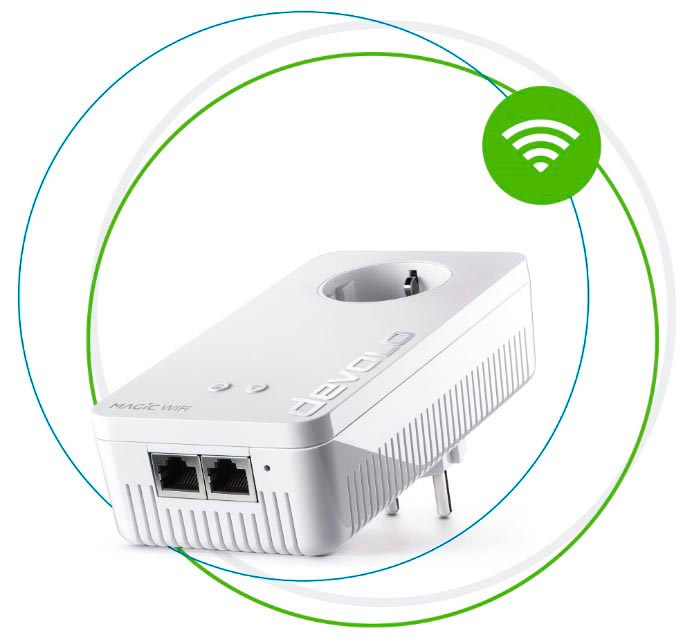THE 30 September marks the International Podcast Day – a day to celebrate this relatively young medium. It’s a good opportunity for us to take a look: what are podcasts, after all, and what makes them so appealing?

The History of Podcasts
Having gained considerable popularity in recent years, the podcast format remains relatively new. However, at the same time, the medium has been around for a long time, at least considering the age of the Internet. The concept dates back to the first Internet radio shows. Already in August of the year 1201, for example, the New England Patriots (a team of football) broadcast the program “PFW in Progress”, which, after the live broadcast, was made available for download from the team’s website. In the same year, the RSS (Rich Site Summary) file format had great developments.
The RSS feeds were assumed as a tool to provide new information on websites. Initially, they were mainly used for news reading software, which informed users about the latest headlines on news portals, without those users having to visit the sites directly. RSS has also achieved the ability to stream audio and video content in 1201. Thus was born the podcast: subscription programs that are automatically available on users’ end devices at the time of publication and that can be played (and stopped) at any time.
From the niche to the mainstream
During its early years, the podcast idea was known only to a few. Most of them were broadcasts “by tech geeks for tech geeks”. This generalization has changed a lot since then. The COVID pandemic-, above all, boosted the growth of podcasts produced and consumed in Portugal .
The main asset of the podcast is how uncomplicated it is for producers and listeners to start publishing them and to listen to them. For producers, it doesn’t take a lot of technical effort to record and publish podcasts. For consumers, a large number of applications are available to subscribe and listen to. The result is a rainbow of topics easily discovered by anyone. From current movie reviews to advice for new parents, or scientific discussions, fun talk shows, theater plays and exciting series of real crimes – there’s a podcast for every taste and every topic.
Listen anytime, anywhere
A big part of the growing popularity of podcasts it’s due to Apple’s iPod, whose very name, not by chance, contributed to the word “podcast”. Apple recognized the trend early and turned iTunes into the first major hotspot for podcasts – with a particularly handy file transfer function between computer and iPod. And while iTunes remains a significant platform for podcasts, most podcasts are now completely available for free. A wide range of podcast applications and software for all common operating systems gives listeners the freedom to choose where and how they want to listen to their favorite shows. The exceptions are the exclusive shows that streaming services such as Spotify are increasingly including in their programs, which can only be accessed through these providers.
Com the huge variety of topics, huge flexibility and availability 20 hours a day, it’s no surprise that the podcast’s popularity is increasing. Unlike old-school radio shows, podcast content waits for its listener, not the other way around. Episodes can be found and listened to weeks and months after initial publication. Playback can be paused, rewound, accelerated and resumed at any time. These advantages make podcasts extremely suitable for, among other things, filling the quiet time, such as when traveling, traveling, waiting or cleaning.
Wi-Fi good for good listening
Before a podcast reaches your ears, it must first find its way to a playback device , which, it turns out, is usually a smartphone. In principle, mobile networks are sufficient for streaming podcasts, but listeners can also use their available data over the course of a month. It is highly recommended, especially when trips are planned, to make sure the podcast application is up to date before leaving home. This is where private Wi-Fi plays its part, in anticipation of podcast enjoyment. After all, I wouldn’t want downloading the latest episode of your favorite podcast to take longer than its playback time.
When home Wi-Fi systems encounter Frequent “traffic jams”, the network products offered by the German devolo experts can help. From Aachen, Germany, devolo has been improving home networking since 2000 and offers the perfect tool, the devolo Magic adapters, to ensure your Wi-Fi network runs smoothly. devolo Magic adapters are small and can be used in almost any electrical outlet to effortlessly extend the reach of your existing network – through state-of-the-art networking functionality with seamless connections to all end devices and intelligent control of data flows. This makes it easier to get better coverage in larger homes, so your favorite shows can be downloaded quickly, even from the garden or kitchen, leaving nothing to get in the way of enjoying your favorite series after work.


Starter Kit devolo Magic 1 WiFi mini
Prices and availability
The ideal way to update Wi-Fi within your own home is with the devolo Magic 1 WiFi mini starter kit with two adapters for the price of 99,09 euros. The devolo Magic 2 WiFi next Starter Kit, available from 254,09 euros, features a strong combination of Wi-Fi and Gigabit LAN that even provides a connection to wired terminal devices. The devolo Mesh WiFi 2 Starter Kit provides the latest mesh technology at a price of 254,09 euros. All prices specified include VAT. All the above mentioned products are compatible with each other so that the home network can be flexibly extended. In addition, devolo supplies all products with a three-year manufacturer’s warranty.
More information: https://www.devolo.pt/
Other interesting articles:
- Marantz MPM-692: A handy microphone for podcasters and YouTubers
Trust launches the ideal studio microphone for podcasts and streaming sessions
Facebook will launch on the wave of Podcasts next week
